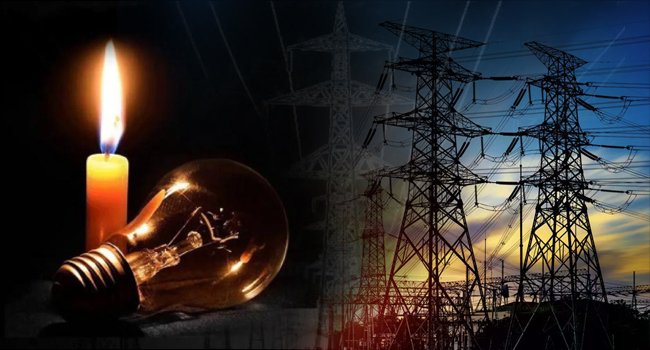Residents, business owners, hospital administrators, and others in Northern Nigeria have expressed concern as the region marks its eighth consecutive days without electricity, leading to significant disruptions in essential services and economic activities.
The outage, which began last Monday, was triggered by the tripping off of the 330kV circuit transmission line between Benue and Enugu, as well as the one between Shiroro and Kaduna, thereby severely impacting numerous Northern states.
The Transmission Company of Nigeria (TCN) said the 330kV DC Ugwaji-Apir double circuit tripped due to a fault, plunging the Northeast, Northwest, and parts of Northcentral Nigeria into darkness.
Hospitals and laboratories, heavily reliant on stable electricity for medical equipment and diagnostic services, are facing increasing difficulties, resulting in delays and reduced healthcare availability for patients.
Local businesses, particularly frozen food vendors that depend on refrigerators, are also feeling the strain, with many reporting significant losses due to spoiled inventory.
Water vendors have dramatically increased their prices, effectively doubling the cost of water as they contend with the added expenses of running generators for boreholes.
Vandals have also reportedly taken advantage of the situation, targeting transformers and other power infrastructure, which further complicates efforts to restore service.
TCN has acknowledged the ongoing outage, assuring residents that they are taking “every possible measure” to restore power to the Northern region.
The company attributed delays in restoration to infrastructure challenges exacerbated by vandalism and insecurity, which have created additional setbacks in the recovery process.
This latest fault in the 330kV DC transmission line occurred just days after Nigeria experienced three national grid collapses within a single week.
In 2024, Nigeria faced multiple national grid disturbances, resulting in widespread power outages and reduced electricity generation.
Patients at AKTH complain of mosquito infestation
Patients at the Aminu Kano Teaching Hospital (AKTH) in Kano said mosquitoes disrupt their sleep, especially at nights when the power from generating sets is off.
Malam Umaru Direba, a patient, stated that the absence of electricity worsens the mosquito problem, forcing him to rely on mosquito nets and repellents.
A hospital official noted that AKTH spends around N500,000 daily on diesel, limiting generator use mainly to evenings, although solar inverters help keep emergency services running.
Outside the hospital, frozen food vendors like Husseini Rufai and Salihu Usman at Tarauni market report losses, saying they are unable to store perishable goods without electricity.
Kano Electricity Distribution Company (KEDCO)’s Chief Commercial Officer, Abubakar Jimeta, attributed the prolonged outage to issues on the national grid and vandalism on critical transmission lines and assured that efforts to restore supply are underway. (With Agency Report)



